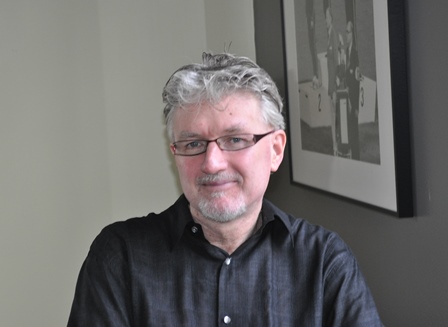Speaker Series: Bill V. Mullen

Between 1946 and 1956, the Civil Rights Congress of the United States carried out a public campaign to declare American law the enabling force of an emergent U.S. fascist state. At the center of its campaign was a 256-page book titled We Charge Genocide. Originally cast as a petition to the United Nations, the book deployed the 1948 United Nations definition of “genocide” to allege that the U.S. was systematically inducing what it called in its opening pages the “premature death” of African-Americans.
Specifically, the Congress sought to document that it was the American judiciary—-courts, the law, and the police—-which functioned as enabling mechanisms of Fascist creep. In so doing, the CRC manufactured a theoretical turn that will be central to this essay, transforming the conception of U.S. law into the “rule of race.”
_____________________________________________________________________________________
Bill V. Mullen is Professor Emeritus of American Studies at Purdue. His books include UnAmerican: W.E.B. Du Bois and the Century of World Revolution (Temple UP, 2015); W.E.B. Du Bois: Revolutionary Across the Color Line (Pluto, 2016); Afro-Orientalism (Minnesota, 2004) a study of interethnic anti-racist alliance between Asian and African Americans, and Popular Fronts: Chicago and African American Cultural Politics 1935-1946 (University of Illinois, 1999). He has edited five other books in collaboration with Sherry Lee Linkon, James Smethurst and Fred Ho. He has been a Fulbright lecturer at Wuhan University in the People’s Republic of China. He is faculty adviser to Students for Justice in Palestine at Purdue and a member of the organizing collective for the United States Campaign for the Academic and Cultural Boycott of Israel (USACB).
His articles have appeared in Social Text, African-American Review, American Quarterly, Modern Fiction Studies, Electronic Intifada, Truthout, Mondoweiss, Jacobin and elsewhere. Mullen teaches courses in African American Literature and Culture, American Studies, Working-Class Literature, Cultural Studies and Postcolonial Literature. He is currently working on a biography of James Baldwin titled James Baldwin: Living in Fire. The book focuses on Baldwin’s radical, and queer, politics.

